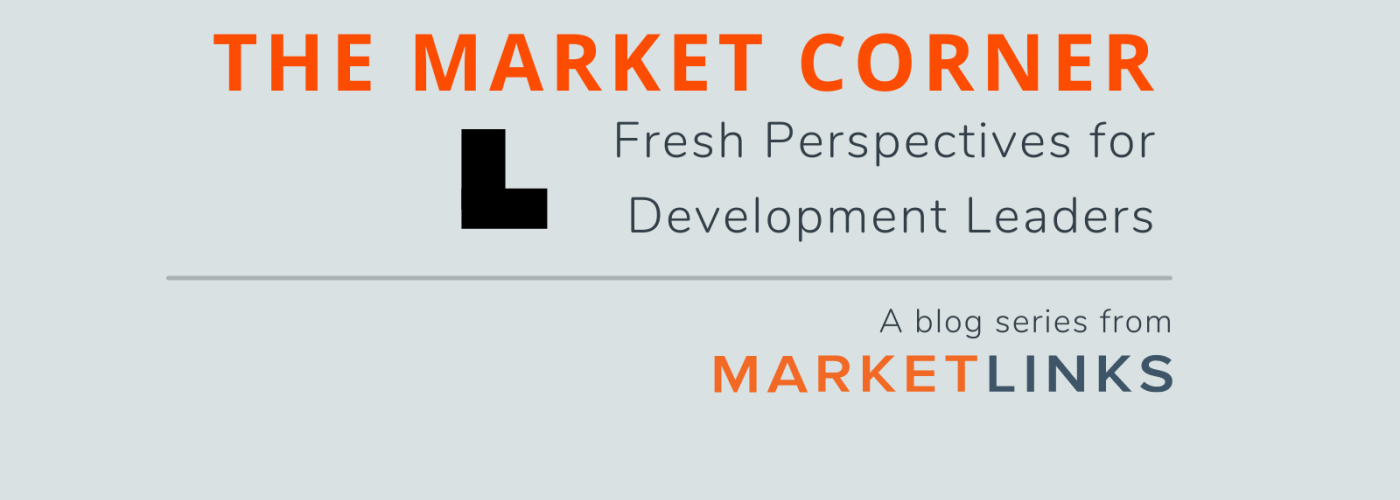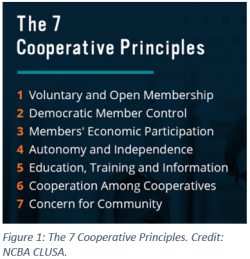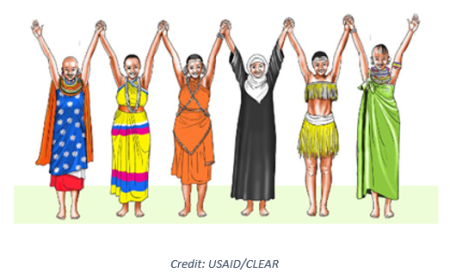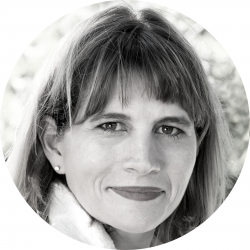The Market Corner: The Appeal of the Cooperative Movement to Young Professionals
Image

This month, the Market Corner sits down with Kristin Wilcox, Chief of Party for the USAID-funded CLEAR Activity and advocate for the global cooperative movement, to explore the appeal of cooperatives to millennial and Gen Z professionals. The month’s first installment examines the role of cooperatives in advancing locally-led development and the barriers they face. This second installment of continues the conversation and delves into the appeal of the cooperative movement to millennial and Gen Z professionals. This post was authored by Holly Lard Krueger.
Testing exciting hypotheses around potential of the cooperative business model.
Right now, according to Kristin, her team is testing several hypotheses including one on the viability of the worker-owner cooperative business model in emerging economies. This model, which is taking off in Turkey, Japan, the EU, and the U.S., embraces the seven cooperative principles (see Figure 1) but focuses on the collectivization of labor instead of a product or commodity, which is the traditional cooperative model. The CLEAR Activity wants to see if the worker-owner business model is more attractive to youthful businesspeople in the service sector.
Image

Kristin believes that “this could be a breakthrough innovation for youth unemployment in urban areas. It could also attract a much-needed youth demographic to the cooperative movement.”
She believes that cooperative principles and values are highly relevant and aligned with millennial and Generation Z professionals’ goals and values. However, these demographic groups are among the least representative in today’s cooperative movement. While the cooperative business model is highly adaptable, there is not a lot of knowledge in the marketplace about how the model functions in today’s most in-demand sectors.
Attracting younger people to the cooperative movement needs to be a priority in order to guarantee the next generation of cooperative leaders. This is why the CLEAR Activity is also working to build synergies between the Democracy at Work Institute, a San Francisco-based learning institute focused on worker-owner cooperatives, and the Cooperative University of Kenya, which is educating the future leadership of Kenyan cooperatives. The worker-owner model supports startups and entrepreneurs to bring talent under one roof and diversify their funding and their risk.
Inclusivity is a key focus area.
Starting about eight years ago, Kristin says that Global Communities began looking at gender equity and empowerment within cooperatives and developed a good governance and gender equity guide. This guide has been refined over time and contextualized to new geographies. It is now a technical and in-depth training-of-trainers curriculum.
Image

In Kenya, the curriculum encompasses the empowerment of both youth and women and seeks to encourage more than just the inclusion of different perspectives, while also emphasizing the importance of personal voice and self-actualization. Cooperative members are also shareholders in their own businesses and, as such, they have a shared responsibility to contribute to its success. There are many ways cooperatives can leverage their members’ talents and increase member agency in the process.
Kristin says, “We’ve found that a focus on personal voice and self-actualization has positively impacted local communities. Expanded cooperative leadership opportunities for members is instrumental in achieving these positive changes.” According to Kristin, the CLEAR Activity is now encouraging cooperative leadership to go further and consider the inclusion of all members and their experiences, because they’ve learned from their research that active participation in cooperatives contributes to resilience at the household and community levels.
“I think the next frontier for the cooperative movement is diversity.” - Kristin Wilcox
Cooperatives highly value equity and inclusion. It is directly tied to their organizing principles. However, according to Kristin, diversity is a concept that can be more challenging for cooperatives to embrace. As noted previously, cooperatives are by nature highly local institutions and this can result in a homogeneous membership. Trust is central to a cooperative’s success, and it can be challenging for cooperatives to welcome members from different backgrounds and outside of their direct community.
While the cooperative movement is not (yet) synonymous with millennial or Gen Z populations, the organizing principles of cooperatives and particular core values around inclusion and equity suggest that there is a closer alignment than one would imagine. This is a huge opportunity for cooperatives looking to attract new talent. Millennials and Gen Z want their employers to be globally minded and are willing to make compromises that allow them to live their values at home and at work. It is clear that for the cooperative movement to endure into the next century, it must continue to find ways to communicate its value proposition to younger generations and show their adaptability and durability in changing markets.
Image

Holly Lard Krueger
Holly Lard Krueger is a managing partner at the Canopy Lab and a market systems development expert with over 15 years of experience providing technical advice in the field of private sector development/engagement with a specific focus on applying digital technology, gender equality and social inclusion (GESI), market systems, and Value for Money (VfM) principles to project and strategy design for agriculture, humanitarian aid, business enabling environment reform, trade, urban development, and women’s economic empowerment programs.
Holly is a proven strategic leader, having managed large market systems projects with diverse teams. She is also skilled as a strategic advisor, coach, and trainer in the practical application of systems approaches to market development, and she is currently an advisor to USAID’s Bureau for Humanitarian Assistance, a World Bank-funded program in West Africa (TFWA), a DFAT-funded program in Indonesia (PRISMA), and a FCDO-funded program in the Democratic Republic of the Congo (Essor). Holly is based in Morocco and has worked in over 15 countries in Africa, Asia, and the Middle East and has implemented projects and conducted evaluations for leading donors, including the Bill & Melinda Gates Foundation, DFAT, IFC, FCDO, USAID, and the World Bank. She has an M.A. from Johns Hopkins School of Advanced International Studies and a B.A. from Vanderbilt University.
Image

Kristin Wilcox Feldman
Kristin Wilcox Feldman has served as the Chief of Party for Global Communities’ USAID Cooperative Development Program activities since 2016. She has more than a decade of experience working to strengthen enabling environments and build capacities of SMEs and cooperatives. Kristin is a passionate advocate for advancing innovations in economic inclusion and showcasing the cooperative model’s ability to build economic opportunities in communities. She is committed to robust research at the intersection of social capital and community resilience and understanding how social enterprise contributes to community stability. Kristin is a dedicated leader committed to achieving durable results and works to empower every team member and amplify their core strengths.

